As I have returned to school in order to complete my bachelor’s degree in order to teach, I came across the writings of Frederick Douglass, reading ‘The Heroic Slave’. The name was always there, a part of my lexicon of historical names; however, honestly I never read him. I was overpowered by his mastery as a writer. The ability to convey the profound while telling an engaging dramatic story captured me. I wanted to share a paragraph.
“What, then, is life to me? it is aimless and worthless, and worse than worthless. Those birds, perched on yon swinging boughs, in friendly conclave, sounding forth their merry notes in seeming worship of the rising sun, though liable to the sportsman’s fowling-piece, are still my superiors. They live free, though they may die slaves. They fly where they list by day, and retire in freedom at night. But what is freedom to me, or I to it? I am a slave,—born a slave, an abject slave,—even before I made part of this breathing world, the scourge was platted for my back; the fetters were forged for my limbs. How mean a thing am I. That accursed and crawling snake, that miserable reptile, that has just glided into its slimy home, is freer and better off than I. He escaped my blow, and is safe. But here am I, a man,—yes, a man!—with thoughts and wishes, with powers and faculties as far as angel’s flight above that hated reptile, —yet he is my superior, and scorns to own me as his master, or to stop to take my blows. When he saw my uplifted arm, he darted beyond my reach, and turned to give me battle. I dare not do as much as that. I neither run nor fight, but do meanly stand, answering each heavy blow of a cruel master with doleful wails and piteous cries. I am galled with irons; but even these are more tolerable than the consciousness, the galling consciousness of cowardice and indecision. Can it be that I dare not run away? Perish the thought, I dare do anything which may be done by another. When that young man struggled with the waves for life, and others stood back appalled in helpless horror, did I not plunge in, forgetful of life, to save his? The raging bull from whom all others fled, pale with fright, did I not keep at bay with a single pitchfork? Could a coward do that? No,— no,—I wrong myself,—I am no coward. Liberty I will have, or die in the attempt to gain it. This working that others may live in idleness! This cringing submission to insolence and curses! This living under the constant dread and apprehension of being sold and transferred, like a mere brute, is too much for me. I will stand it no longer. What others have done, I will do. These trusty legs, or these sinewy arms shall place me among the free. Tom escaped; so can I. The North Star will not be less kind to me than to him. I will follow it. I will at least make the trial. I have nothing to lose. If I am caught, I shall only be a slave. If I am shot, I shall only lose a life which is a burden and a curse. If I get clear, (as something tells me I shall,) liberty, the inalienable birth-right of every man, precious and priceless, will be mine. My resolution is fixed. I shall be free.”
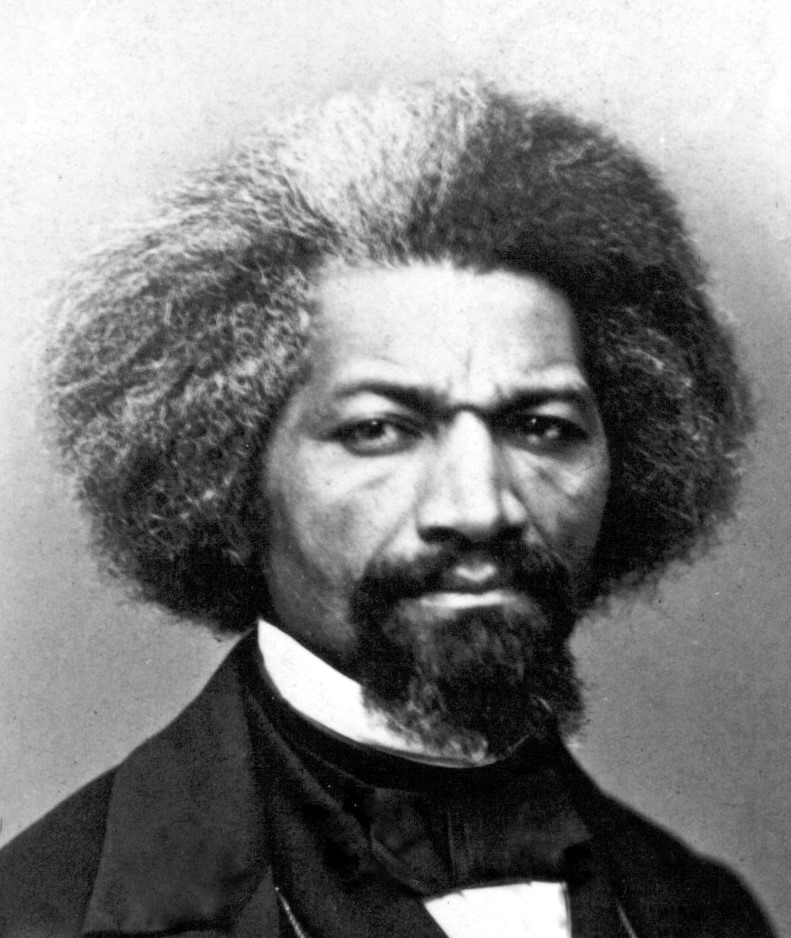


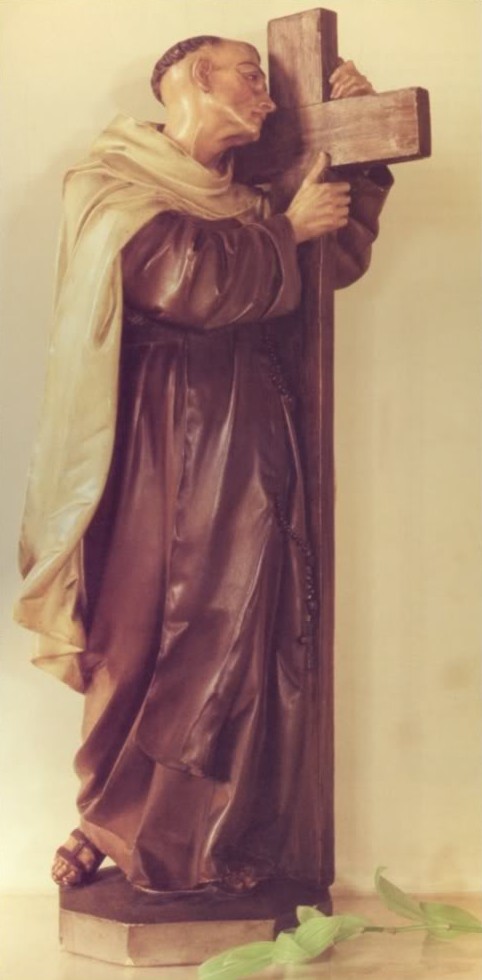
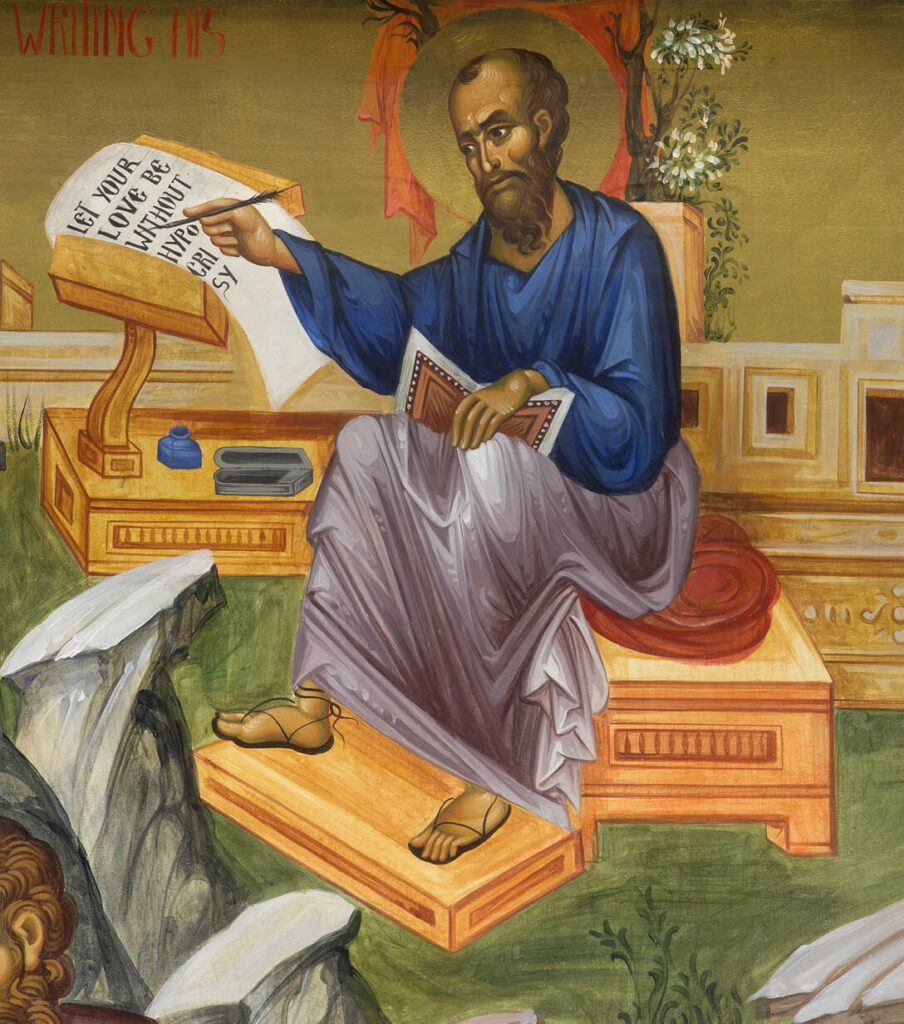
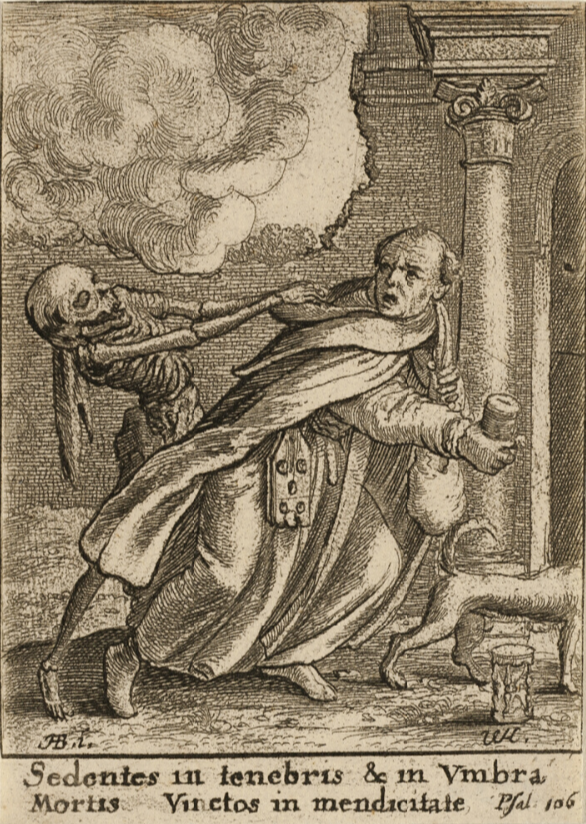
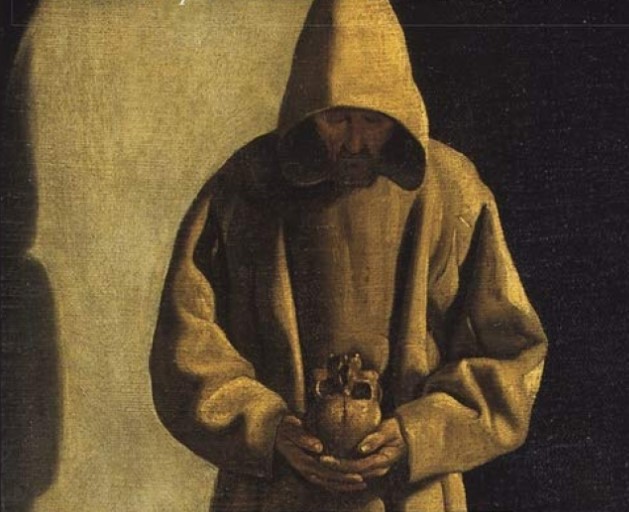
Recent Comments